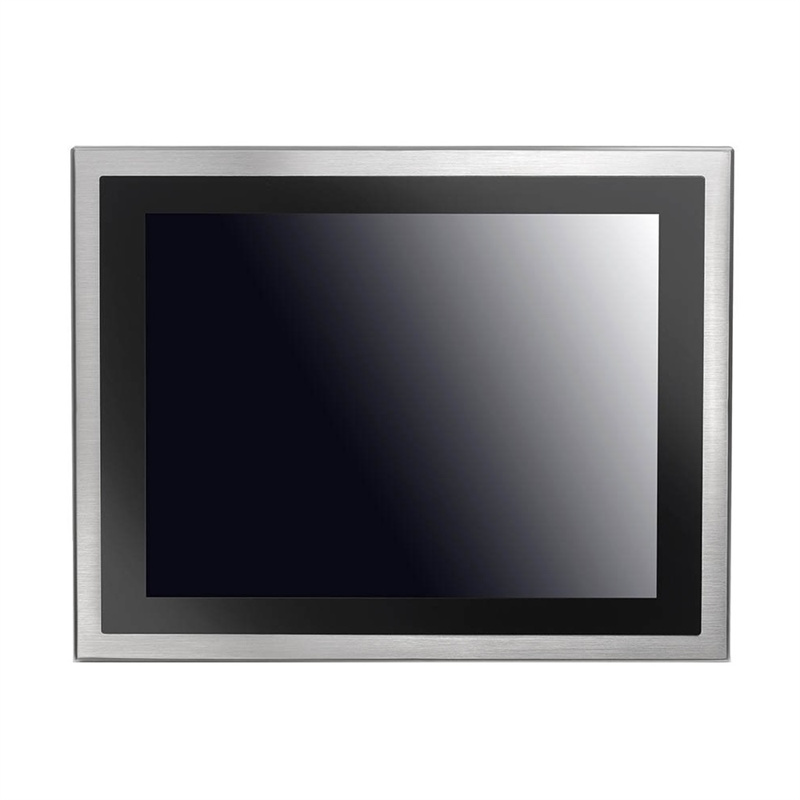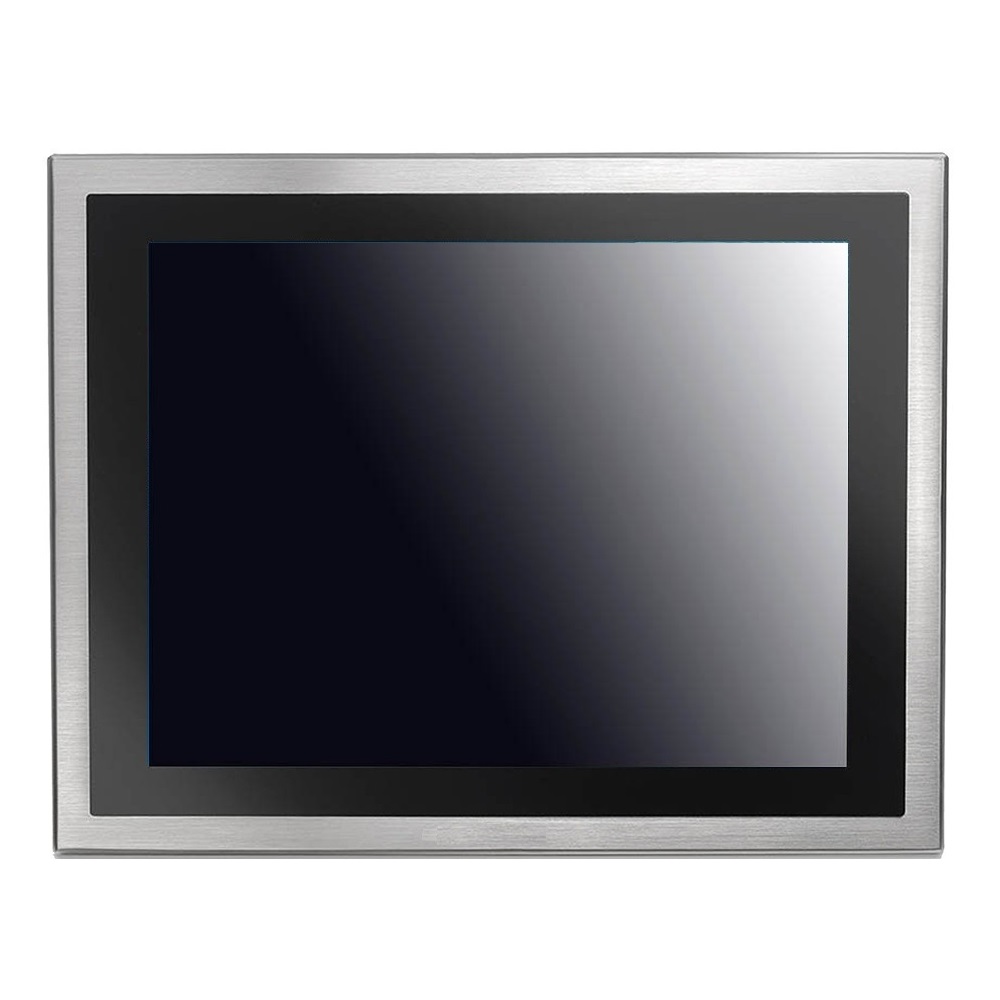Application of Stainless Steel Waterproof PC in Food Automation Factory
Introduction:
In food automation factories, maintaining hygiene, efficiency, and durability are paramount. Integrating Stainless Steel IP66/69K Waterproof PCs into the production line ensures seamless operations even in demanding environments. This solution outlines the benefits, implementation process, and considerations for deploying these robust computing systems.
Benefits of Stainless Steel IP66/69K Waterproof PCs:
- Hygienic Compliance: Stainless steel construction ensures easy cleaning and sterilization, crucial for maintaining food safety standards.
- Durability: With IP66/69K ratings, these PCs are resistant to water, dust, and high-pressure cleaning, ensuring long-term reliability.
- Corrosion Resistance: Stainless steel construction prevents rust and corrosion, extending the lifespan of the PCs.
- High Performance: Powerful processing capabilities enable efficient handling of complex automation tasks, enhancing productivity.
- Versatility: Suitable for a wide range of applications including monitoring, control, data analysis, and visualization within the production line.
Implementation Process:
- Assessment: Conduct a thorough evaluation of the factory environment to identify specific requirements and potential installation locations for the PCs.
- Selection: Choose Stainless Steel IP66/69K Waterproof PCs with specifications tailored to the factory's needs, considering factors such as processing power, connectivity options, and display size.
- Integration: Collaborate with automation system engineers to seamlessly integrate the PCs into the existing infrastructure, ensuring compatibility and optimal performance.
- Sealing: Implement proper sealing techniques to protect cable entry points and interfaces, maintaining the integrity of the waterproof enclosure.
- Testing: Perform rigorous testing to verify the functionality and reliability of the PCs under simulated operating conditions, including exposure to water, dust, and temperature variations.
- Training: Provide training to operators and maintenance personnel on the proper use, maintenance, and cleaning procedures for the PCs to maximize their lifespan and performance.
Considerations:
- Regulatory Compliance: Ensure that the selected PCs meet relevant industry standards and regulations for food processing equipment.
- Maintenance: Establish regular maintenance schedules to inspect and clean the PCs, removing any debris or contaminants that may compromise performance.
- Compatibility: Verify compatibility with existing automation software and hardware components to avoid integration issues.
- Scalability: Plan for future expansion and scalability by choosing PCs that can accommodate additional functionality or connectivity requirements as the factory evolves.
- Cost-Effectiveness: Balance the upfront investment in high-quality PCs with long-term cost savings from reduced downtime and maintenance expenses.
Conclusion:
By incorporating Stainless Steel IP66/69K Waterproof PCs into food automation factories, businesses can enhance operational efficiency, ensure regulatory compliance, and maintain high standards of hygiene and safety. Through careful selection, integration, and maintenance, these rugged computing systems provide a reliable foundation for driving productivity and innovation in food manufacturing processes.
Post time: May-21-2024











